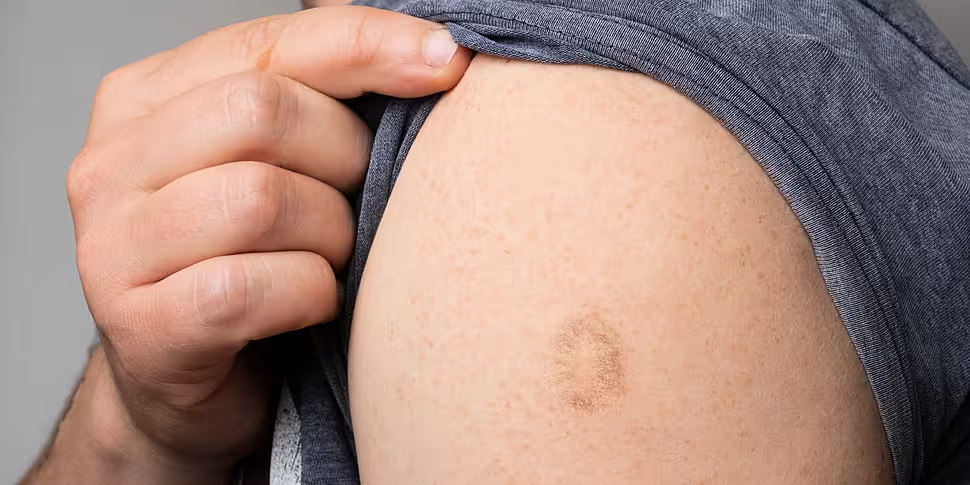Ireland could roll out five times more monkeypox vaccine following new recommendations from NIAC.
The Health Minister last night accepted the latest recommendations from the national vaccine advisory committee.
The new strategy will see the vaccine administered to high-risk populations in two doses, 28 days apart.
The vaccine is given intradermally, which means it is a shallower injection administered directly into the skin.
Vaccine
NIAC (The National Immunisation Advisory Committee) said the new recommendations are “interim in nature” and will be updated when there is an increase in global vaccine supplies.
Health Minister Stephen Donnelly welcomed the update to the vaccine programme.
“These latest recommendations from NIAC could provide for a fivefold increase in available doses of vaccine and I would like to thank the members of the NIAC for their swift review of the latest evidence,” he said.
Monkeypox
He noted that anyone can become infected with monkeypox; however, me who have sex with men are most at risk.
“I have had several meetings with stakeholders and representatives of this community over the course of the summer and I will continue to work with my Department and the HSE to facilitate this helpful, open engagement,” he said.
The Chief Medical Officer Breda Smyth said the new recommendations would allow for a wider rollout of monkeypox vaccine.
She urged anyone with symptoms such as a rash or a fever with a rash to contact their GP.
“Self-isolate for the required period of time if you are diagnosed with a monkeypox infection, or if you're awaiting results of a test,” she said.
“If you're offered the vaccine, it's very important that you attend your appointment for the vaccine.
“The best way to protect yourself is to carry out risk reduction behaviours such as avoiding premises of high risk, avoid high risk events where it is difficult to avoid skin to skin contact with others and practice safe sexual behaviours.”
Symptoms
The HSE says it usually takes between five and 21 days for symptoms of monkeypox to appear.
The main symptom is a rash that starts as raised spots, which turn into small blisters filled with fluid. The blisters eventually form scabs which later fall off.
The symptoms usually clear up in two to four weeks; however, people with weak immune systems, pregnant women and very young babies can sometimes experience a more severe illness.
The symptoms of monkeypox include:
- An itchy rash
- A high temperature (38.5C or higher)
- Headaches
- Muscle aches
- Back ache
- Swollen glands
- Shivering (chills)
- Exhaustion
- A cough
- A runny nose
Anyone diagnosed with monkeypox should self-isolate until they are symptom free – which could take up to four weeks.
Patients should talk to their doctor before ending their self-isolation.









